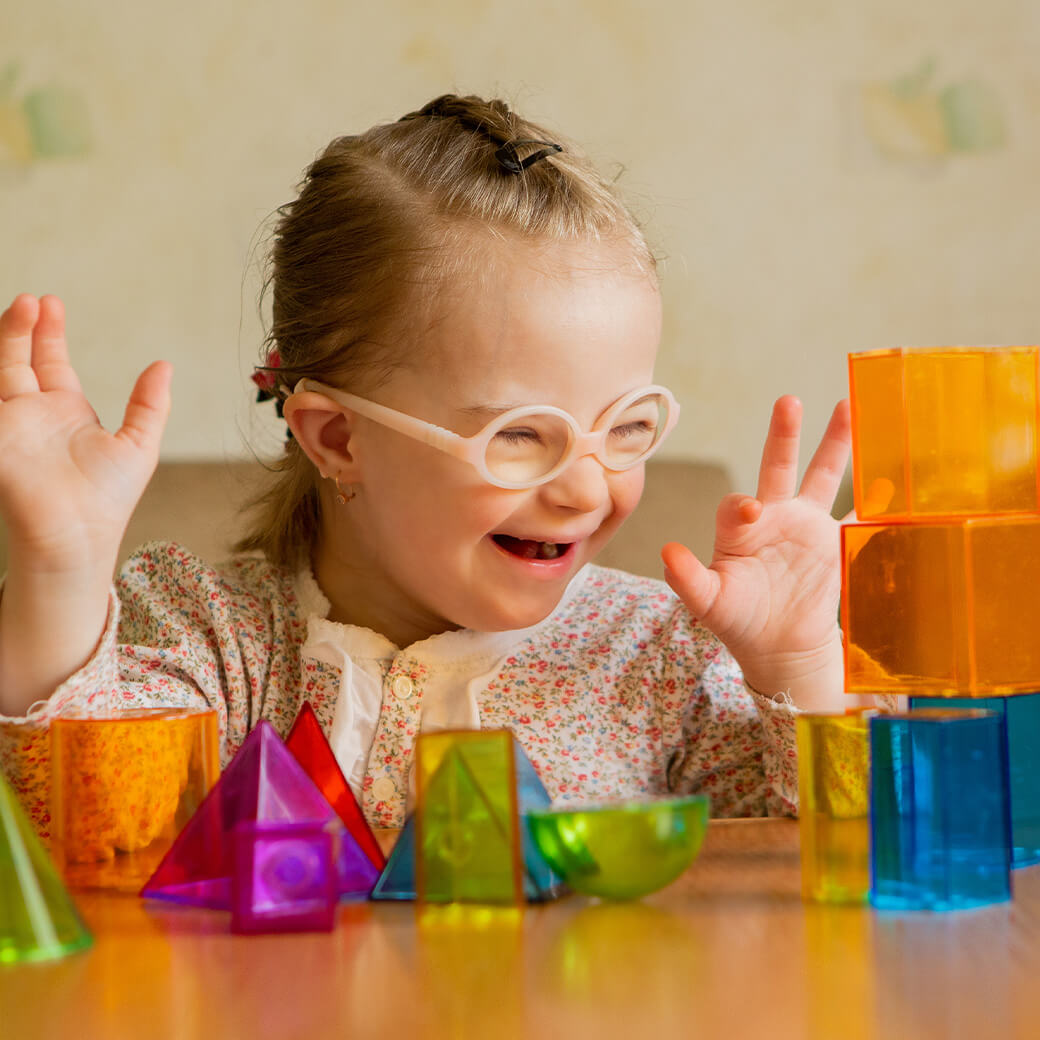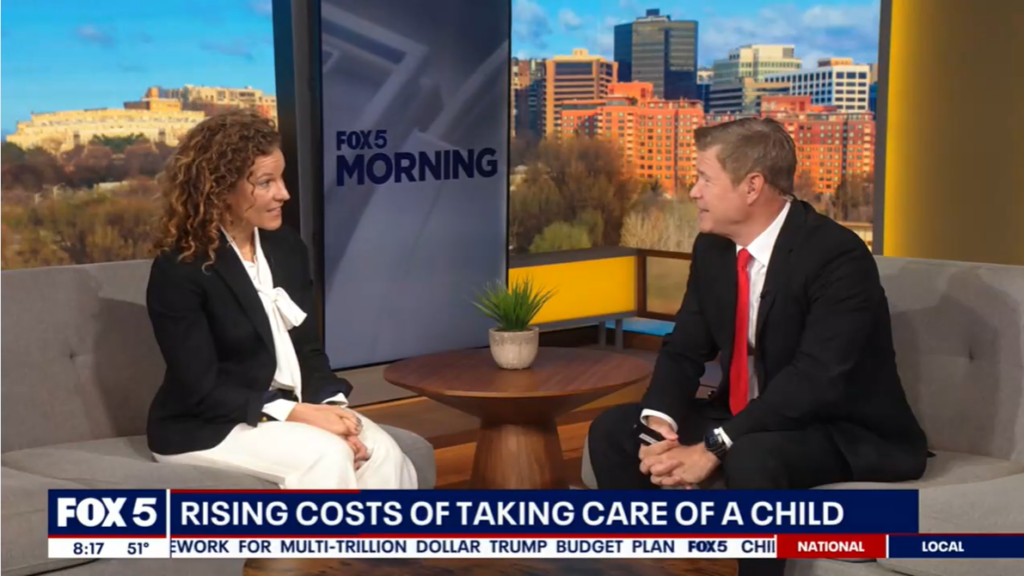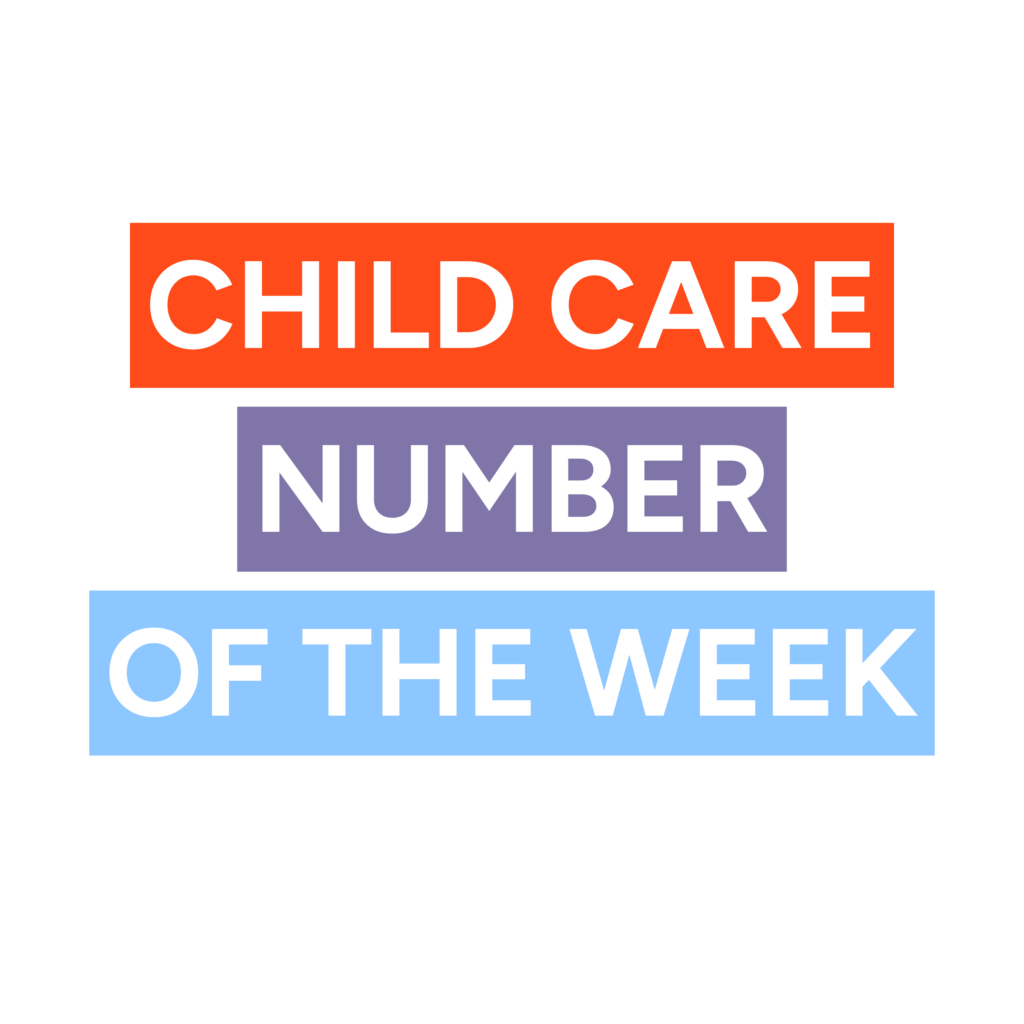Policy Statement on Inclusion of Children With Disabilities in Early Childhood Programs

The Departments of Education (ED) and Health and Human Services (HHS) recently released the strongest policy statement on the inclusion of children with disabilities in early childhood programs to date. This robust 71-page statement re-affirms that “all young children with disabilities should have access to high-quality inclusive early childhood programs that provide individualized and appropriate support so they can fully participate alongside their peers without disabilities, meet high expectations, and achieve their full potential.”
This statement builds upon a 2015 statement and reflects a renewed commitment and urgency. Despite the positive changes in policies and practice since then, the reality is that young children with disabilities and their families continue to face significant barriers to accessing and participating in inclusive high-quality early childhood programs:
- Families with young children with disabilities report that there are fewer child care options and that they have difficulty finding and keeping child care.
- Nearly one in six children have a developmental disability, but only 3.7% of infants and toddlers with disabilities and 4% of preschoolers with disabilities are served under the IDEA.
- Not only do these families have difficulty accessing child care, but they also often struggle to access inclusive settings where their child can learn alongside children without disabilities. In fact, the majority of preschool children with disabilities (55.4%) received early childhood special education services in settings separate from their peers without disabilities.
The statement marks a significant step in the right direction for inclusive practices in early childhood, as it describes expectations for high-quality inclusive programs and highlights how systems and programs should operate based on research and legal requirements. Among many others listed in the guidance, a few key components of inclusion in early childhood include: ensuring children with disabilities can participate in programs alongside peers without disabilities, intentionally promoting children’s participation facilitated by individualized supports, ensuring comprehensive professional development for early educators, and recognizing families as collaborative partners. The guidance clearly emphasizes the necessity for such inclusionary practices to continue as children transition into elementary school.
To improve and increase inclusive opportunities for young children, the Departments provide updated recommendations for state and local action. These include ensuring state policies and guidance meet federal requirements and support inclusion in high-quality programs, engaging families as essential partners, building a coordinated early childhood workforce system, and developing formal collaborations with community partners, among many others. Read the full policy statement here to learn about successful inclusion efforts and exemplar models in states and communities across the nation.
Ensuring this vision becomes a reality is a collective responsibility involving federal, state, and local governments, early childhood systems, programs, providers, school districts, and schools. FFYF commends the Departments for their ongoing commitment to addressing barriers to inclusion for children with disabilities and strengthening our nation’s early childhood system.
Subscribe to FFYF First Look
Every morning, FFYF reports on the latest child care & early learning news from across the country. Subscribe and take 5 minutes to know what's happening in early childhood education.



